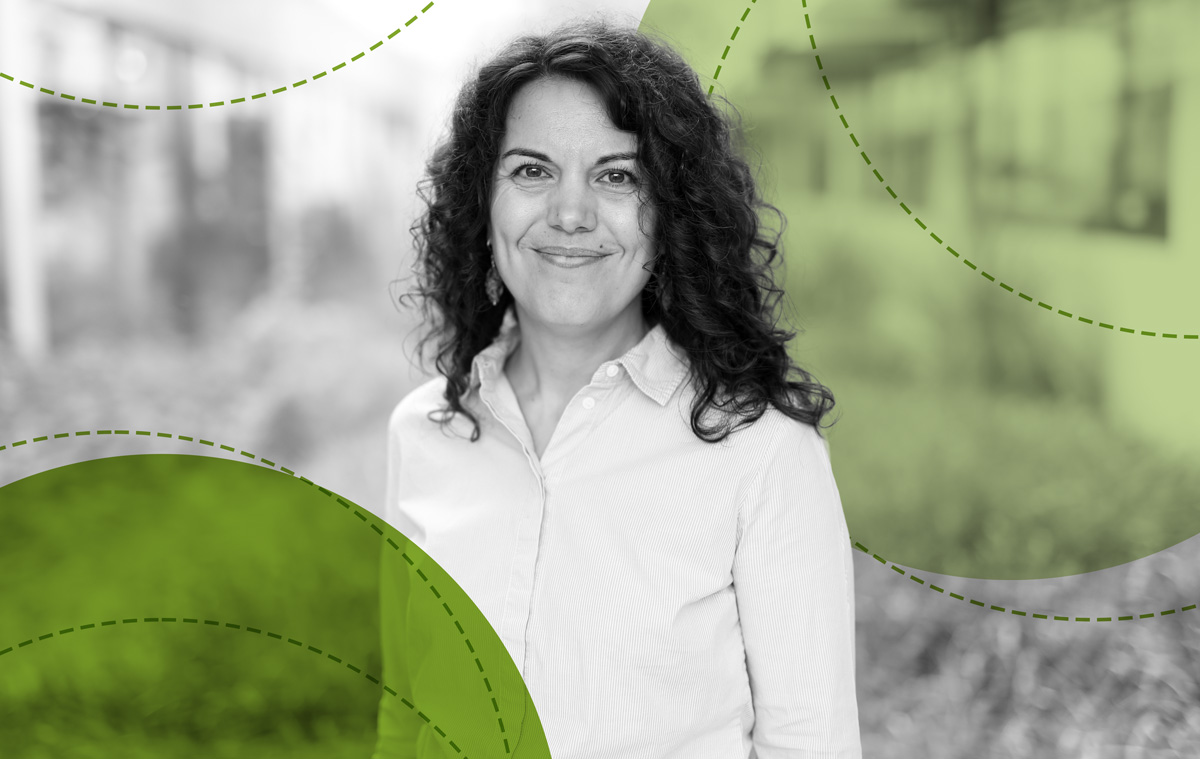Daniel Ballmer is well aware of the potential impact of his research on Plasmodium falciparum which the World Health Organization describes as the deadliest of five malaria parasites. It is the most prevalent type in Africa, which recorded 569,000 malaria deaths in 2023 or 95% of the estimated global total. Children under five accounted for about 76% of all malaria deaths in the region.
“I seek a balance between what interests me personally from a cell biologist standpoint – which is finding how at the mechanistic level the parasite cell works and adapts to different environments – and the broader public health perspective,” Ballmer says.
“It is important for me to feel I am giving something back to society, and working on malaria offers an ideal balance.”
After growing up near Basel and completing his undergraduate and Masters’ degrees in the city, Ballmer moved to the University of Oxford for his PhD to study the biology of chromosome segregation in African trypanosomes – a single cell parasite that causes African sleeping sickness.
“I have always had this fascination for tropical diseases,” Ballmer says. “Parasites like the ones that cause sleeping sickness or malaria have incredibly complex life cycles. As a cell biologist, it’s captivating to study how these organisms can adapt to very, very different environments across multiple hosts.”
He moved to the Swiss Tropical and Public Health Institute (Swiss TPH) in 2024 and switched to studying the molecular mechanisms that drive gametocyte development in P. falciparum. “This is the stage of the parasite that infects the mosquito,” he explains. “Over the course of almost two weeks, the parasite undergoes a remarkable transformation, completely reshaping its cellular architecture. We want to understand what happens at the molecular level to make this transformation possible.”
Ballmer says applying for his EMBO Postdoctoral Fellowship was an intellectually satisfying experience. “I had never written a research proposal before, and you really must have a clear experiment outline with questions that you want to address,” he says. “I was a bit apprehensive at first but it turned out to be very nice.”
Ballmer says working at Swiss TPH had long been an aspiration. “It is a unique institution that brings together everything from basic research on various pathogens to drug screening, clinical trials and advising and supporting health system around the world,” he says. “It is very rewarding to be part of this.”



